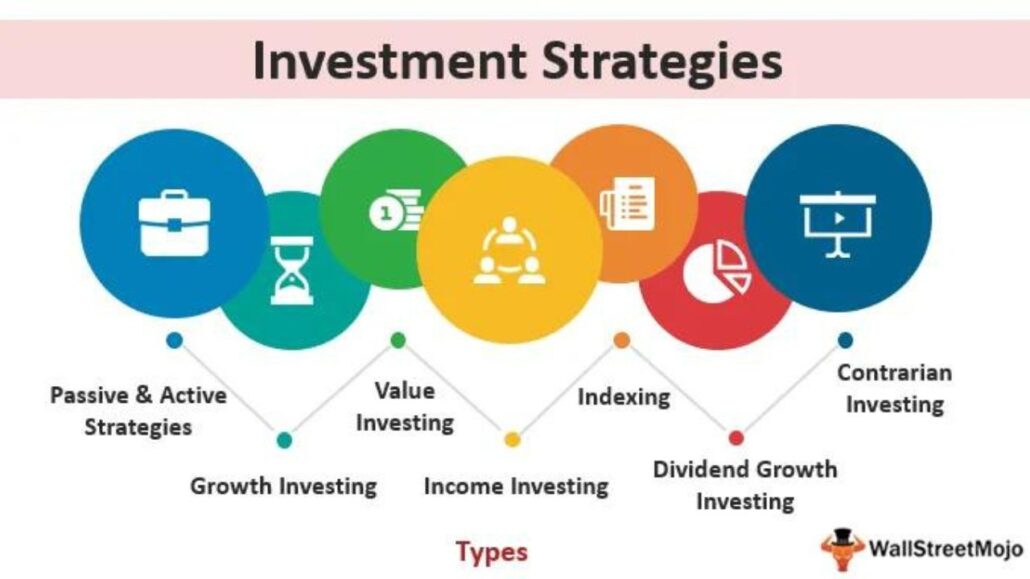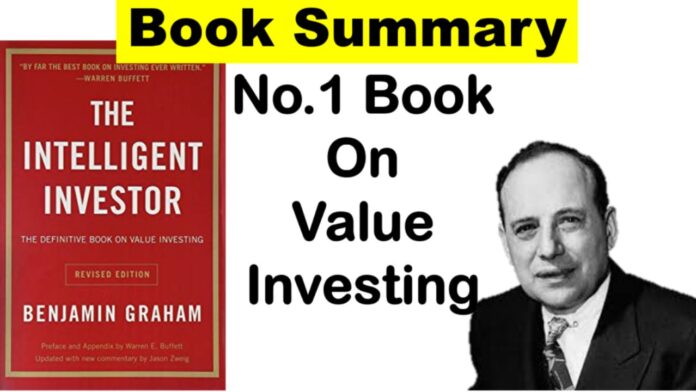The optimal guide for value investing by exploring the best books in the financial realm. Unearth timeless principles from esteemed authors like Benjamin Graham and Seth Klarman, enriching your understanding of value investing. Elevate your investment strategy with invaluable insights from these acclaimed resources.
Foundational Concepts of Value Investing
Value investing rests on timeless principles. At its core, it involves identifying undervalued assets and holding them for the long term.
Pioneered by investment legends like Benjamin Graham and Warren Buffett, this strategy focuses on fundamental analysis, margin of safety, and a patient
Long-term perspective. Understanding these foundational concepts is essential for investors seeking to navigate the complexities of the financial markets and make informed decisions that stand the test of time.
The Evolution of Value-Investing Books
The evolution of value-investing books in the dynamic landscape of finance has been remarkable.From Benjamin Graham’s foundational works to modern classics like Seth Klarman’s “Margin of Safety,”
These books have adapted to changing market dynamics.They serve as guides, shaping the principles and strategies that investors use to navigate the complex world of value investing.
Join us on a journey through time as we explore the profound impact and enduring relevance of these invaluable literary resources.
Criteria for Selecting the Best Book
Selecting the best book is pivotal for any reader’s journey. When it comes to value investing, certain criteria can guide your choice. Consider the author’s credibility, delve into reader reviews, and assess the practical insights offered.
A well-received book with reputable insights can significantly enhance your understanding of value investing, making it an essential criterion in your literary selection process.
Top Picks for Value-Investing Books
In the realm of value investing, selecting the right books is paramount. Explore the timeless wisdom of “The Intelligent Investor”
by Benjamin Graham, delve into qualitative analysis with Philip Fisher’s “Common Stocks and Uncommon Profits,” and grasp modern insights from Seth Klarman’s “Margin of Safety.”
These top picks provide a comprehensive guide for investors seeking to navigate the intricate world of value investing with practical wisdom and proven strategies
The Intelligent Investor by Benjamin Graham
Often referred to as the bible of value investing, Graham’s masterpiece provides timeless wisdom on intelligent investing. The book covers fundamental concepts like margin of safety, which remains a cornerstone of value investing philosophy.
Digging Deeper into Key Concepts
The intricacies of key concepts are essential for mastery in any field. In the realm of value investing, “Digging Deeper into Key Concepts” becomes a guiding principle.
This article explores the significance of delving beyond the surface, providing insights into fundamental analysis, margin of safety, and maintaining a long-term perspective.
Join us on a journey of discovery as we unearth the core principles that shape successful value investing. Explore, understand, and elevate your investment strategies by digging deeper into these key concepts.
Pitfalls in Value Investing
Value investing, a rewarding strategy, comes with its share of pitfalls. Novice investors may need help with issues like prioritizing short-term gains, overlooking market trends, and neglecting portfolio diversification. Successfully navigating these pitfalls is paramount for sustained financial success.
This article delves into the common challenges encountered in value investing and offers insights into effective strategies to overcome them. Join us as we explore the intricacies of the investment landscape, ensuring a more informed and strategic approach to value investing.
Impact of Technological Advancements on Value Investing
Landscapes of value investing and technological advancements have become game-changers. Algorithmic trading and big data analytics have revolutionized traditional investment strategies, offering unprecedented insights and efficiency.
As investors navigate the ever-evolving digital age, staying informed about these technological shifts is crucial.
Embracing these innovations can empower value investors to make data-driven decisions, adapt to market changes, and gain a competitive edge in the pursuit of sustainable financial growth.
Real-world Applications of Value Investing Strategies

The tangible benefits of applying value investing strategies in real-world scenarios. From identifying undervalued stocks to navigating market fluctuations, learn how these strategies can enhance your investment portfolio. Explore success stories and gain practical insights to make informed decisions in the dynamic world of investing.
Practical Tips for Aspiring Value Investors
What is the best book for value investing, Are you venturing into the world of value investing? Here are practical tips to guide your journey.
Start by focusing on continuous learning, building a diversified portfolio, and staying disciplined. Embrace a long-term perspective, understand market trends, and learn from successful investors.
These tips will empower you to make informed decisions and navigate the complexities of value investing with confidence.
The Role of Psychology in Value Investing
Investing isn’t just about numbers; it’s a psychological game. Emotions influence decisions, impacting value investing success.
Emotional discipline is crucial to navigating market fluctuations. Understanding and managing emotions play a pivotal role, ensuring investors maintain a strategic and calm mindset.
In this article, we explore how psychology intertwines with value investing, shedding light on the importance of emotional intelligence for sustainable investment strategies.
Debunking Myths About Value Investing
What is the best book for value investing, In the realm of finance, misconceptions often surround the practice of value investing. This article debunks common myths, revealing that value investing isn’t exclusive to experts.
It emphasizes its adaptability to diverse market conditions. Aspiring investors will discover that with the right knowledge and approach, value investing is a strategy accessible to all, irrespective of experience level.
Value Investing in a Digital Age
What is the best book for value investing, In today’s digital era, value investing takes on new dimensions. Technological advancements, algorithmic trading, and online resources have reshaped the landscape.
Navigating this digital age requires savvy investors to adapt, leveraging big data analytics and embracing online courses.
As you explore value investing in this dynamic environment, stay informed, engage in online communities, and harness the power of digital tools to enhance your investment strategies. Embrace the future of value investing.
Community and Networking for Value Investors
What is the best book for value investing, In the world of value investing, community and networking play pivotal roles. Engaging with like-minded individuals through forums and groups allows investors to share experiences, discuss strategies,
And gain valuable insights. Building a strong network fosters continuous learning, creating a supportive environment for navigating the complexities of the market.
Embracing community and networking is a fundamental aspect of success for aspiring and seasoned value investors alike.
Conclusion
Finding the best book for value investing involves a thoughtful evaluation of foundational concepts, historical perspectives, and practical insights. By incorporating the teachings of renowned authors like Benjamin Graham, Philip Fisher, and Seth Klarman, investors can build a strong foundation for success.
FAQ
What is the Rule 1 of Value Investing?
Rule #1 Investors focus on long-term strategies based on investing principles designed to help you achieve your financial freedom and limit risk. After all, the first rule of Rule #1 Investing is “Don’t lose money
How do I Learn to Value Investing?
Value investing requires a lot of research. You’ll have to do your homework by going through many out-of-favor stocks to measure a company’s intrinsic value and compare that to its current stock price. You’ll often have to look at dozens of companies before you find a single one that’s a true value stock.
How does Warren Buffett Invest?
Beyond his value-oriented style, Buffett is also known as a buy-and-hold investor. He is not interested in selling stock in the near term to reap quick profits but chooses stocks that he believes offer solid prospects for long-term growth. His record as an investor speaks for itself. Bloomberg.
Is Value Investing Difficult?
With value investing, there is no room for emotions. While this can make investing easier on one level, it can also be a challenging mindset to adopt over the long term. As humans, we are prone to making decisions emotionally, and this often leads to our downfall as investors.
Is Value Investing Still Good?
Yes, particularly if you want to survive economic setbacks. The core of the long-term value investing approach is identifying well-financed companies that are well-established in their businesses and, for the most part, have a history of earnings and dividends.



